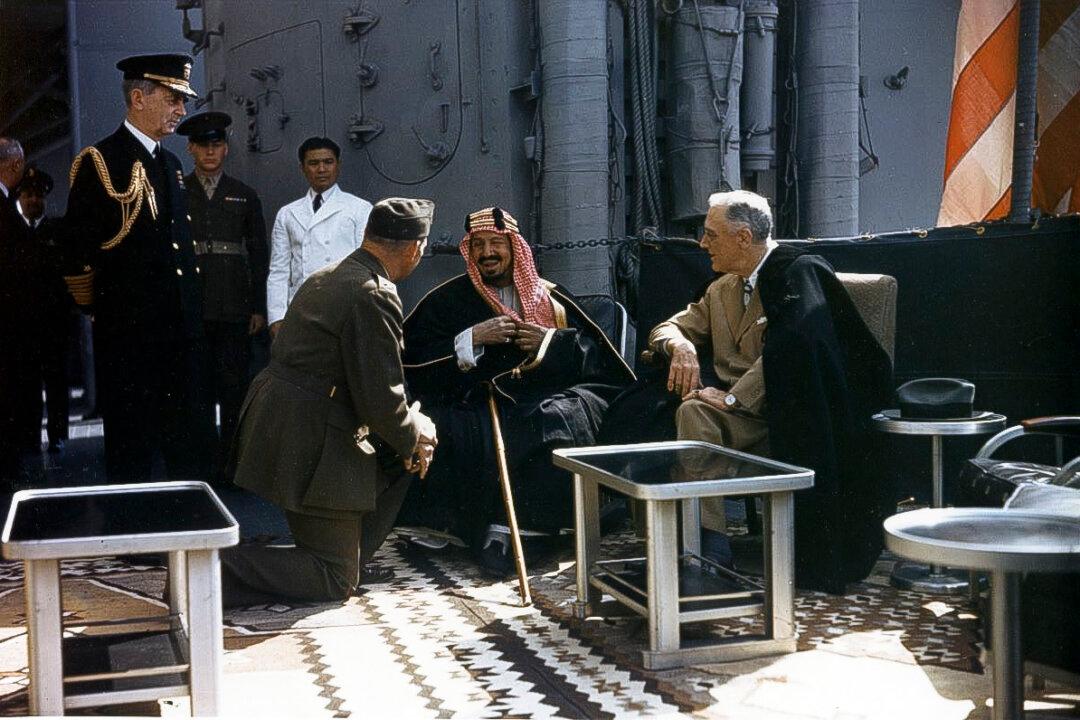Jimmy Durante (February 10, 1893–January 29, 1980)
When Jimmy Durante was born into an Italian immigrant family in Manhattan’s Lower East Side, he was cursed and blessed with a physical curiosity: a bulbous nose. In his early years, he hated his nose because it was often the center of ridicule. One day, several bullies beat him up and broke his nose. When it didn’t heal correctly, his anomalous nose became more pronounced. Despite often being the brunt of jokes, Durante never lost his sense of humor; it was his humor, along with his nose, that would make him a 20th-century entertainment icon.






